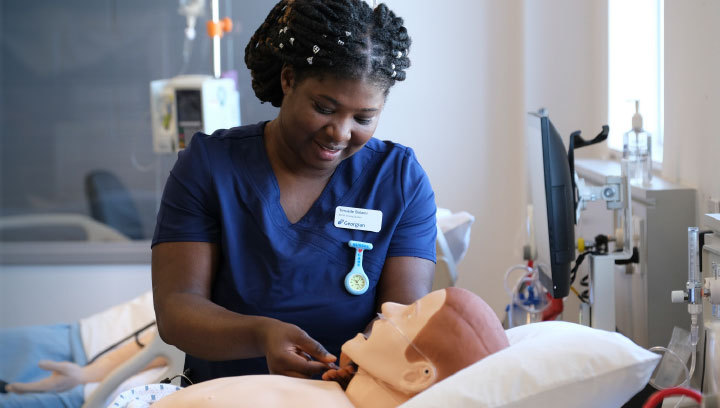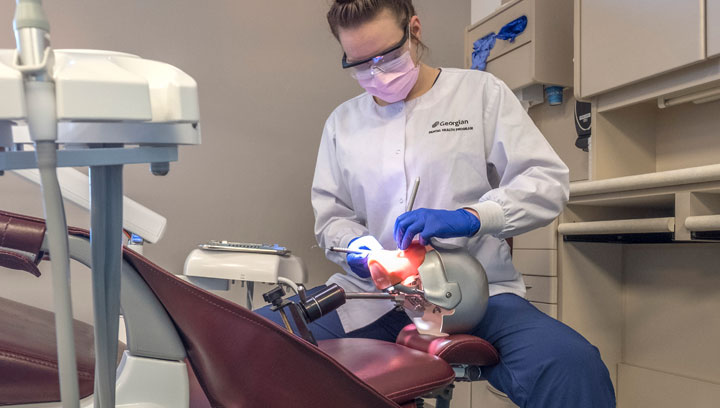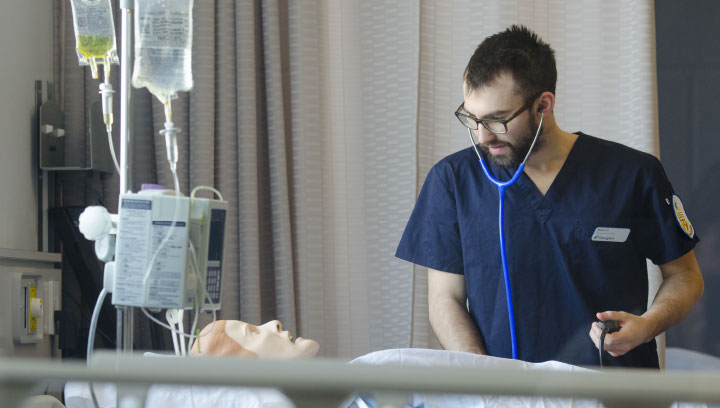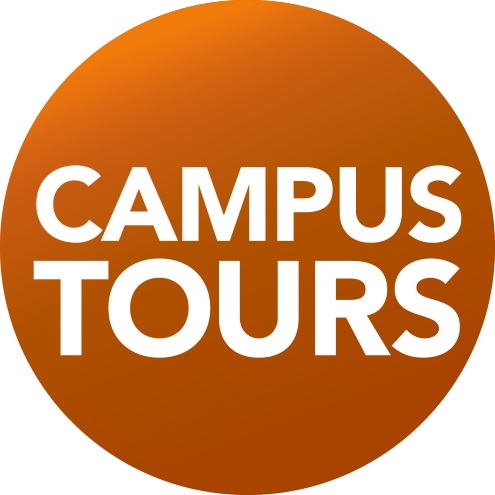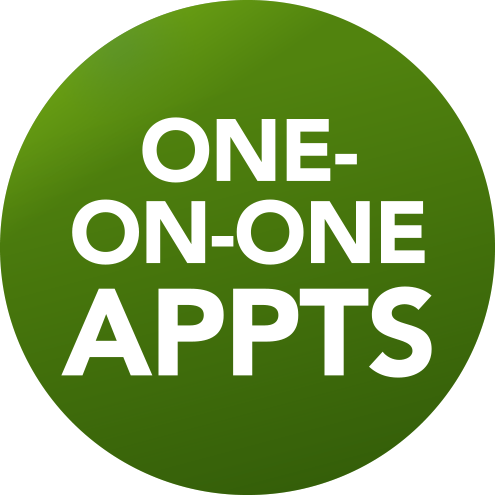
Join the front lines of emergency medical care as a paramedic
Paramedic Ontario College Diploma program
Preparing students with the knowledge and skills to practise emergency out-of-hospital medical and trauma care. Featuring state-of-the-art learning technology and a nationally-recognized faculty.
Program information
Program description
As a student enrolled in Georgian’s Paramedic program, you are prepared with the knowledge and skills that allow you to work effectively and collaboratively in this fast- paced and intense health discipline.
With a robust balance of practical experience and theoretical knowledge, you learn to manage medical and traumatic emergencies in the out-of-hospital setting with an emphasis on sciences, pharmacology, communication and providing patient care to a diverse population.
You learn these skills in a variety of settings including the classroom, our simulation labs, hospital departments and with a comprehensive placement with a practicing paramedic. In addition, you learn about and how to prioritize mental and physical self-care in a demanding but very rewarding career.
This program is highly competitive. Learn about admission requirements for highly competitive programs.
Intake information
| Start date | Campus |
|---|---|
| Fall 2025 | Barrie |
Tuition and fees
- Visit our tuition and fees page for detailed information on the cost to attend Georgian.
- You can afford this! Explore OSAP as well as awards, scholarships and bursaries to help you pay your way to graduation.
Work-integrated learning
- This program includes a field placement component where you’ll gain hands-on experience in a setting relevant to your program.
- Learn about types of work-integrated learning at Georgian.
What are the admission requirements for the Paramedic program?
Paramedic admission requirements
OSSD or equivalent with
- Grade 12 English (C or U)
- Grade 12 Mathematics (C or U)
- Grade 11 or 12 Biology (C or U)
- Grade 11 or 12 Chemistry or Physics (C or U)
All applicants must possess a minimum G2 driver’s licence (applicants with demerit points may not be eligible for employment).
Mature students, non-secondary school applicants (19 years or older), and home school applicants may also be considered for admission. Eligibility may be met by applicants who have taken equivalent courses, upgrading, completed their GED, and equivalency testing. For complete details refer to: www.georgiancollege.ca/admissions/academic-regulations/
Pathways
Applicants who have taken courses from a recognized and accredited post-secondary institution and/or have relevant life/learning experience may also be considered for admission; refer to the Credit for Prior Learning website for details:
www.georgiancollege.ca/admissions/credit-transfer/
Selection Process
This is a highly competitive program. Applicants will be assessed and ranked based on academic grades. The overall minimum GPA is determined annually.
Preference will be given to applicants with the following:
- A minimum grade of 80% in each pre-requisite subject is recommended
- Current Standard First Aid Certificate (in-person training)
- Current CPR Certificate Basic Life Support or Health Care Provider (in-person training)
Criminal Reference/Vulnerable Sector Check
Placement agencies require an up-to-date clear criminal reference check and vulnerable sector check prior to going out on placement. Students should obtain their criminal reference three months prior to placement; checks conducted earlier may not be considered current. As some jurisdictions require longer lead-time for processing, please check with the program coordinator to ensure you allow for sufficient turn-around time. It is the student’s responsibility to provide the completed document prior to placement start.
NOTE: Individuals who have been charged or convicted criminally and not pardoned will be prohibited from proceeding to a clinical or work placement.
Additional information
Before enrolling in this program, applicants should be aware that under the provisions of the Ambulance Act, employment as a paramedic is prohibited to any individual who, in the past year has:
- Received six or more demerit points on his/her driving record
- Had his/her driver’s license suspended in the previous two years
- Been prohibited from driving under the Criminal Code of Canada within the past three years
- OR has been convicted of any crime involving moral turpitude for which she/ he has not been pardoned.
These regulations can be found under the Ambulance Act of Ontario.
Completion of college immunization record
Information about placement requirements
To help you navigate the requirements to complete the clinical placement component(s) of this program (e.g. immunization, First Aid and CPR, criminal record screening and other non-academic requirements), please review the details below.
For more information about placements, visit the Placement Offices webpage.
In order to provide quality practicum placements (“Placements”), students are placed in a variety of agencies, largely in the region serviced by the campus. Students are required to provide their own transportation to Placements. Placements may vary in length (e.g. six to 12 hour days) and may include weekends and evenings, with varying start and end times (e.g. day, afternoon, overnight).
Many programs, including Health and Wellness, have immunization, First Aid and CPR, criminal record screening and other non-academic requirements that need to be met prior to Placements starting. You are responsible for carefully reviewing and meeting these requirements. The failure to meet them may mean that the host agency may refuse to accept you for a Placement or, if you have started one, that you may be prevented from continuing. The result may be that you cannot complete your program. Program-specific requirements can be found on page 2 of the Clinical Preparedness Permit specific to your program.
You are responsible for meeting all immunization, criminal screening and other requirements by the deadline provided by your program and before you start your Placement.
Notes regarding the Criminal Record Check (“CRC”) and Vulnerable Sector Screening (VSS)
Individuals who have been charged or convicted criminally and not yet pardoned or who have adverse entries on their CRC or VSS will be prohibited from proceeding to a Placement. Such a student will normally be counselled to withdraw from the program because the successful completion of a Placement is a program requirement.
Obtaining the CRC and VSS usually requires a processing time of up to 12 weeks and can vary between police jurisdictions. As some jurisdictions require longer lead time for processing, ensure you allow for sufficient turn-around time. Record checks and screenings conducted earlier than six months may not be considered current and not be acceptable. Refer to your Clinical Preparedness Permit for information regarding this. A host agency may refuse a Placement if the CRC or VSS is not satisfactory to it. It is the student’s responsibility to provide the necessary completed documents prior to the start of a Placement at the designated check time, and in the format set by Georgian College and stated in the Clinical Preparedness Permit Information Package. More information can be found on the Placement Offices webpage.
The costs associated with the provision of the CRC and VSS, anything related to them (including, if applicable, obtaining a pardon), and meeting any immunization and other Placement requirements, are to be borne by the student. The non-academic requirements of clinical agencies as described in the Clinical Preparedness Permit are subject to change at any time and host agencies may accept or decline students for any reason at their discretion. Georgian College is not responsible for any of the costs associated with the foregoing, nor for the consequences of failing to comply with, any of the requirements set out above.
What career paths can I take in paramedicine?
Your Paramedic diploma gives you many career opportunities
Graduates of the program are eligible to write the Ontario Advanced Emergency Medical Care Assistant Examination (A.E.M.C.A.). If successful, graduates are eligible to seek employment with paramedic services and other agencies throughout Canada. Opportunities for graduates may also be found in the field of health and safety, event medical services and the military. Please note that employment in Ontario as a paramedic requires a current class ‘F’ license and it is the graduate’s responsibility to acquire this license prior to seeking employment.
Experiential learning opportunities
Paramedic lab
Georgian has a state-of-the-art paramedicine lab where you’ll practise life-saving procedures using simulators and live actors.
During lab time, prepare for your future career with scenarios like accident-scene extrication, and cardiac arrest protocol. Plus, the driving simulator will help prepare you for different road conditions.
Paramedic training vehicle
Georgian also has a leading-edge paramedic training vehicle equipped with all the bells and whistles of standard ambulances, including lights and sirens, a radio for call details, and storage shelves and compartments.
You’ll have the opportunity to apply what you learn in the classroom on the road, practising in this vehicle on a weekly basis.
Accreditation
Paramedic Association of Canada
The Paramedic program at Georgian College follows the National Occupational Competency Profile for Paramedics as approved by the Paramedic Association of Canada and is accredited by EQual™ Accreditation Canada.
What courses are included in the Paramedic diploma program?
Course overview
21 Program Courses
2 Communications Courses
3 General Education Courses
2 Clinical Placements
2 Field Placements
Program-specific courses
Semester 1 courses are listed below. For a full list of courses in the program including course descriptions, view the Paramedic program outline.
- BIOL 1023 – Anatomy and Physiology – Introduction
- BIOL 1024 – Human Pathophysiology – Introduction
- PARA 1002 – Paramedic Fitness Training
- PARA 1003 �– Patient Care Theory 1
- PARA 1005 – Medico Legal Aspects
- PARA 1012 – Communication for Paramedic
- PARA 1013 – Patient Care Procedures – Introduction
- Select 1 course from the communications list during registration.
- Select 1 course from the general education list during registration.
Your course delivery method(s)
In person
This program is delivered fully in person and requires you to attend campus.
Please note, delivery methods are based on planning for the upcoming semester and are subject to change.
Check out our other related programs
Honours Bachelor of Science ��– Nursing
Central Ontario’s first four-year nursing degree. Study close to home and benefit from more industry connections, hands-on practise, and one-on-one training with small class sizes taught by expert faculty who care.
Dental Hygiene
Top scores in student and employer satisfaction. State-of-the-art learning facilities. Great community connections. Excellent careers!
Practical Nursing
Caring, committed faculty. More clinical time to build your skills. State-of-the-art facilities. Our students excel on provincial exams!
Pre-health Sciences Pathway to Advanced Diplomas and Degrees
Your first step toward further studies in health programs. Develop your employability skills. Be on your way to a career in health care!
Do you have questions about Paramedic? Contact us!
Thinking about applying to Georgian?
Contact our student recruitment team to explore your study options.
Already applied to Georgian?
Connect with the Office of the Registrar for admissions-related questions.
Are you an international student?
Contact our international recruitment team to learn more about studying at Georgian.
Ways to connect
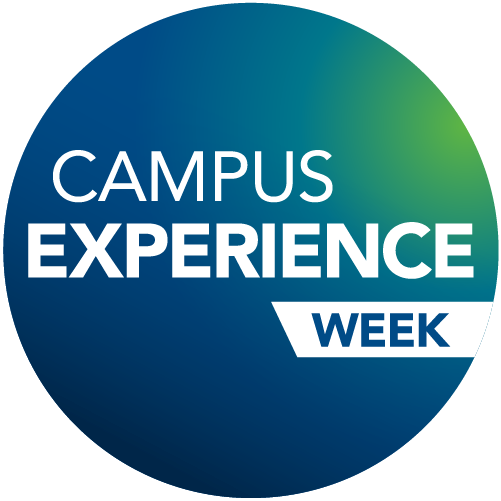
Get ready for Campus Experience Week from April 11 to 17 happening at all Georgian campuses!
Learn more and RSVP.
Take a guided, in-person tour
of our campuses.
Book a campus tour.
Book a phone appointment
with a recruitment specialist.
Connect with a recruiter.
Join our email list for event updates, contest information and more.
Sign up for Georgian updates.


